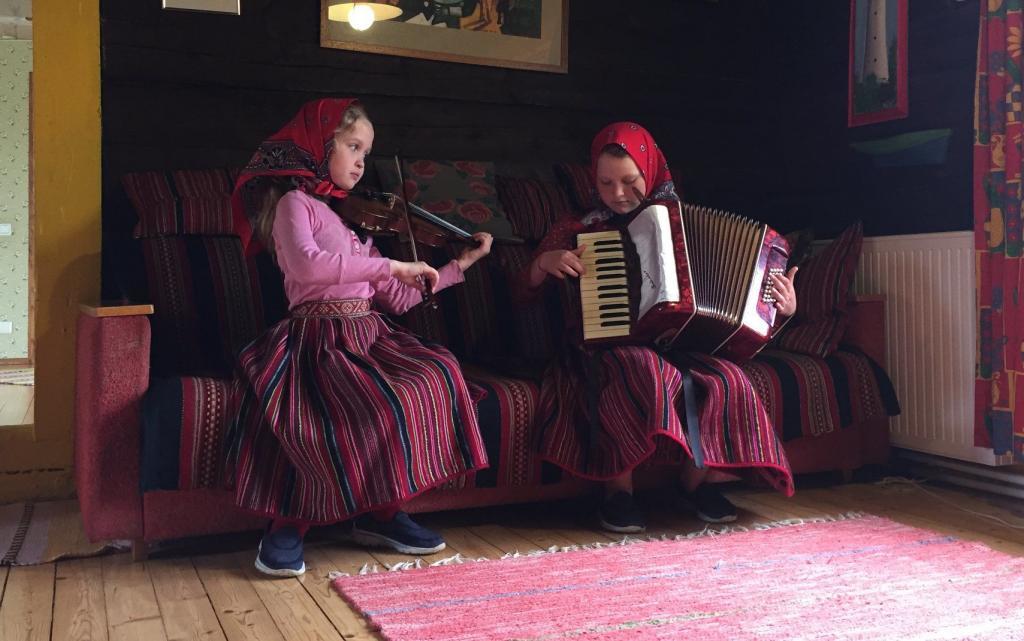What do you get when three Estonians from two continents unpack a suitcase loaded with films? A reel deal: EstDocs, the Estonian documentary film festival in Toronto.
That’s how the screen was won by the film festival that turns 15 this year, when it runs from 8 to 10 November 2019. But let’s take a brief look at the history of the event.
It all started with a phone call
In 2005, the EstDocs’ founder, Maimu Mölder, got a phone call from the late Aarne Vahtra, an Estonian artist in Toronto.
Vahtra said his friend, Olev Remsu, a filmmaker and instructor in Estonia, had a “suitcase” of films he wanted to bring over and show. Mölder had organised events with the Toronto Estonian community and she was game to “give it a go”.
“Let’s call it a festival,” Mölder thought, hedging her bets. “And if it’s a big dud and doesn’t materialise, or if nobody comes, then we’ve lost nothing; and if it goes well, then we can look at doing something again the following year.”
Mölder and Vahtra recruited a team of dedicated volunteers to join their ranks. Remsu brought the films from Estonia, and a surprising number of people turned up for the screenings. Fifteen years later, the annual festival is still drawing them in.
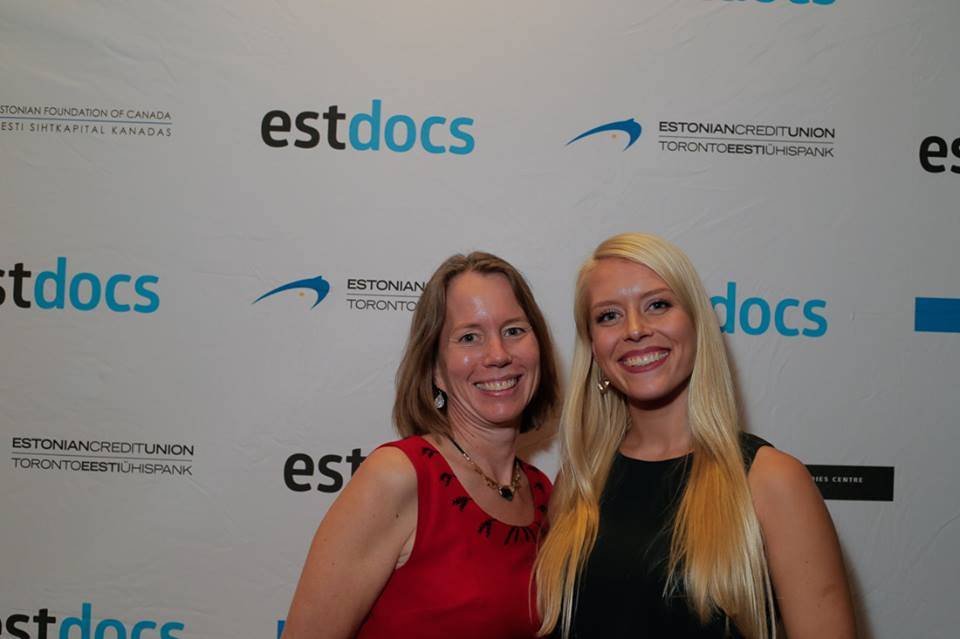
Becoming an “Esto” institution
That’s no small feat. “We were recently looking at outreaching to other small film festivals in Toronto,” Mölder says. “And what one of our members, Mihkel Ranniste, found out is that a lot of these festivals haven’t lasted more than a few years.”
Armed with the mission “to provide a 360˚ perspective on Estonian history, politics, arts, cultures and social aspects,” EstDocs has managed to become part of the “Esto” (an affectionate term used by the Estonian expat communities in North America and elsewhere to describe fellow people with the Estonian ancestry – editor) community in Toronto. “It’s on the cultural calendar,” Ellen Valter, the director of the festival from 2007 to 2012, says. “It is a must-attend event. It’s a place of connection with others and with Estonia.”
“There’s a little bit of pixie dust that gets sprinkled into the hall. We’re all watching the same thing together, gasping at the same time, surprises and reveals,” Valter says. “When something doesn’t sit well, we’re all uncomfortable at the same time, or to varying degrees, and connecting with Estonia through watching these films together and discussing them.”
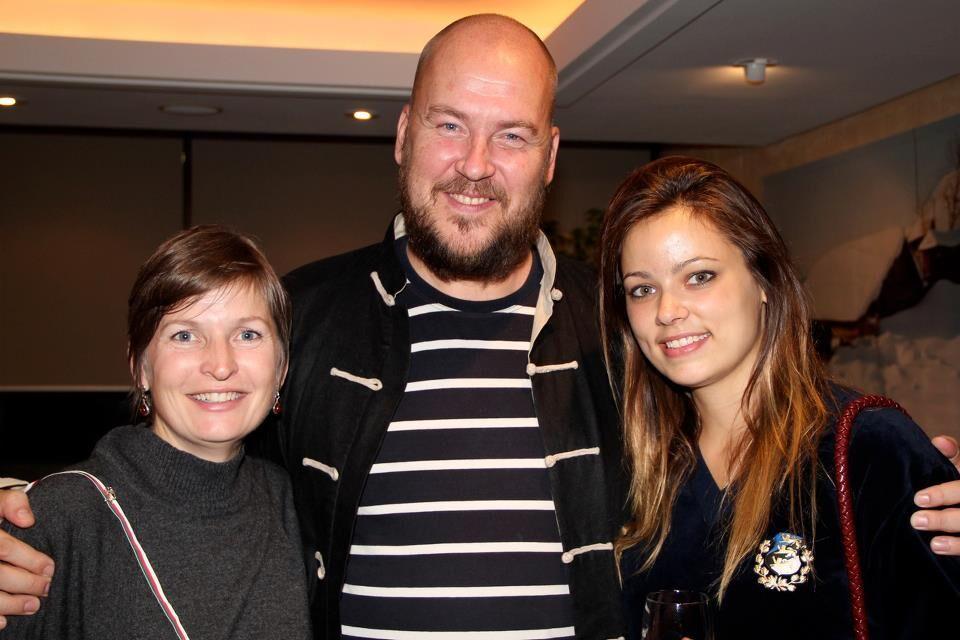
Once the credits finish rolling and the lights come up, almost no one leaves. People perk up in their seats, turn to each other and unpack the films, through discussions and Q&As with moderators, filmmakers and others in the know. “It’s not just films, but what these individuals bring to it,” Mölder says, “and it’s not even that.”
“It becomes… it is a dialogue – between the audience and, if it’s a moderator and the filmmakers – where people have an opportunity to ask questions and offer their opinions and experiences,” she adds.
Accessible to everyone
This open spirit extends to showing all films in English or in Estonian with English subtitles. Even if that sometimes means translating the scripts themselves. “I’ve got all these subtitling and translation credits,” Valter chuckles.
Providing subtitles recognises that the diaspora doesn’t necessarily speak Estonian. In turn, this has helped EstDocs broaden its audience and come of age in an era when accessibility matters. “I really wanted to make sure all the films had subtitles so that they would be accessible to everyone, because your identity is what it is, whether you speak the language or not,” Valter says. “And, that way, it’s open to everybody and that helped audience numbers skyrocket.”
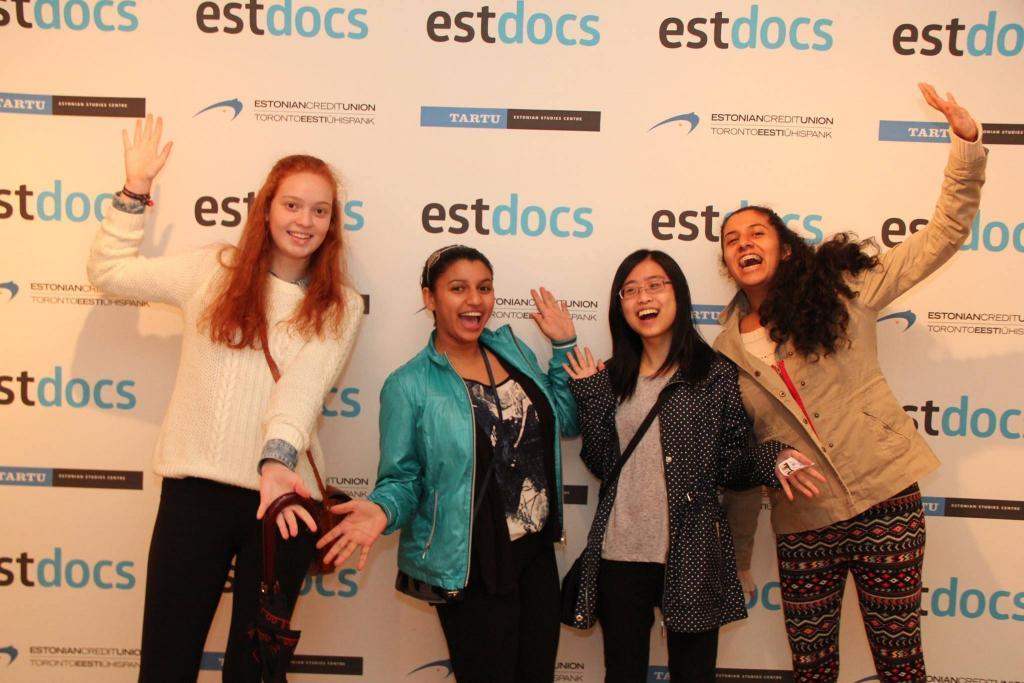
According to the former festival director, Kristi Sau-Doughty, about 1,600 people attend the festival annually. And they’ve come to expect the unexpected. EstDocs hosted the Canadian premiere of the Singing Revolution in 2007 with special guest Mart Laar, the former prime minister of Estonia who played a pivotal role in the film’s events.
In 2016, the festival’s screening of Out of Fashion, a film about how Estonian designer Reet Aus is changing the fashion industry by upcycling fabric waste into clothing, included the designer and a popup fashion show of her upcycled clothing line.
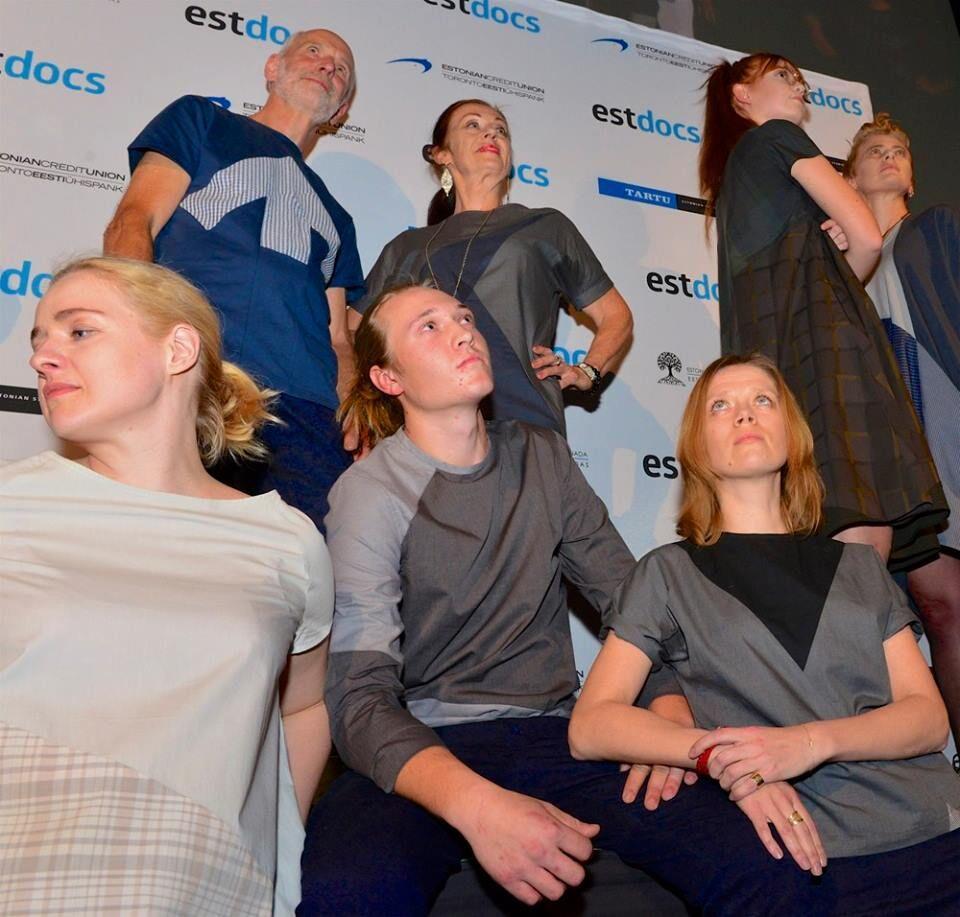
A team effort
Whether they’re in the seats, on the stage as VIPs or behind the scenes, it’s the people who make or break a festival. “I’ve come to understand that putting on a festival really is a Herculean task,” Mölder quips. “And the people that have stuck with it throughout the years are a special breed of people who care about the community.”
A brigade of volunteers, some 75-person strong, runs the entire film festival. “There’s a lot of levers moving in the background,” Mölder notes. “It really takes a team effort to pull this off.”
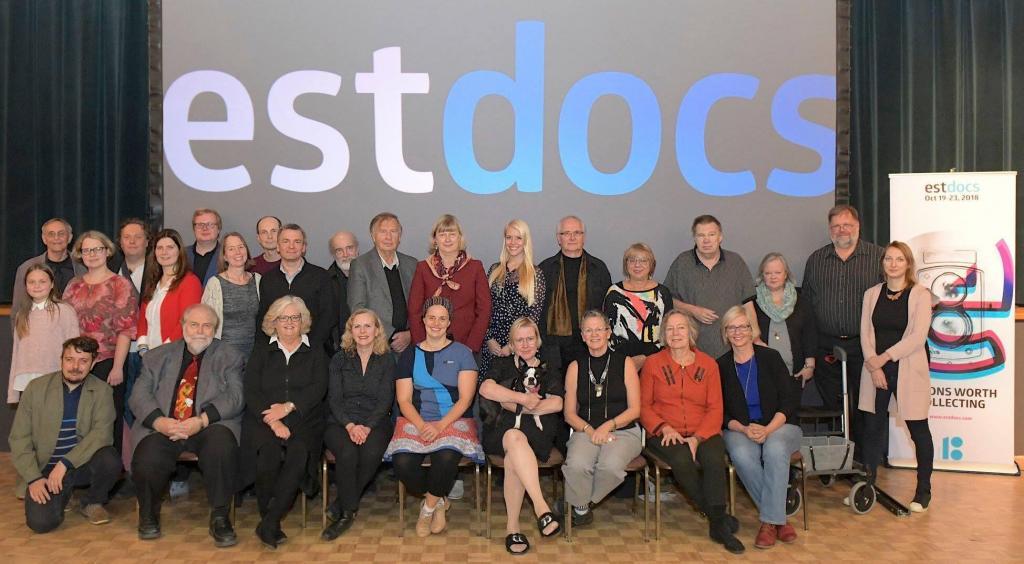
Even before the main festival kicks off, there’s the EstDocs Short Film Competition, with categories for both amateur and pro, a screening of the entries, and cash-prize awards. “The work is hard getting there,” Mölder says. “But once you’re there, it’s a lot of fun.
“There’s a certain excitement at a film festival, being with people and exchanging thoughts about the films. There’s a buzz. I would even say it’s a bit addictive.”
For this year’s festival fix, tix, short film competition guidelines (you don’t have to be Estonian to submit a film), and details, go to estdocs.com.
Cover: A scene from a documentary about Kihnu island in Estonia, “Meite Kodo” (Our Home), screened at EstDocs in 2018.

